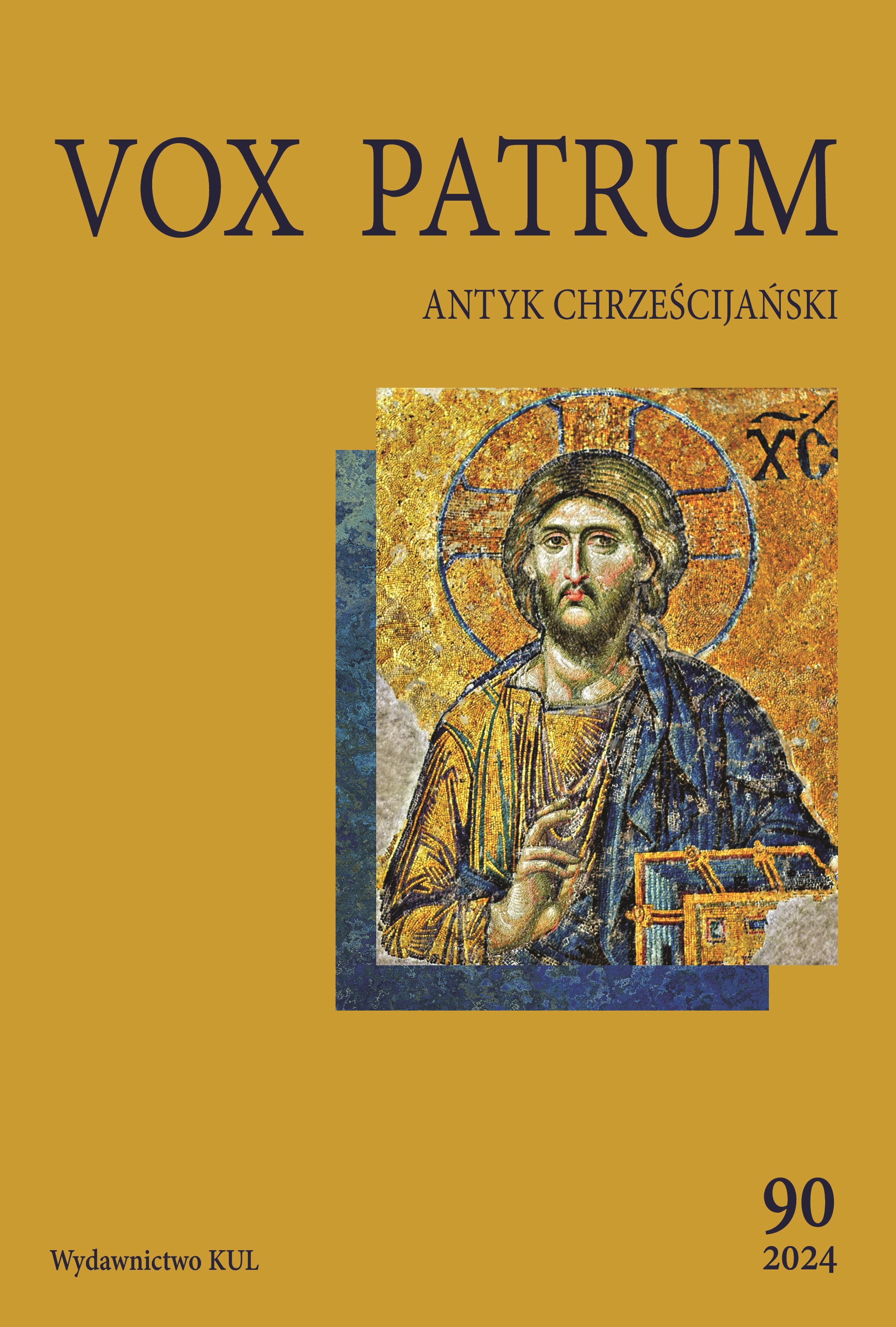Lektura biblijna według Collatio Patrum XIV Jana Kasjana: od erudycji do doświadczania
Biblical Reading according to John Cassian’s Collatio Patrum XIV: From a Mere Erudition Towards a True Experience
Author(s): Bogna KosmulskaSubject(s): Biblical studies, Sociology of Religion, History of Religion
Published by: Katolicki Uniwersytet Lubelski Jana Pawła II
Keywords: John Cassian; Collationes Patrum; A-intellectualism vs Intellectualism; Praxis vs Theoria; Literacy; Memory; Biblical Interpretation; Monastic Ideal;
Summary/Abstract: The paper presents how John Cassian, particularly in his Collatio Patrum XIV, deals both with the a-intelectual (not to say with the anti-intellectual) and the erudite elements of the monastic tradition. In the introduction, the general conditions of literacy in the early monasticism have been depicted (with the special reference to the example of St. Anthony as indicated in the Prologue to St. Augustine’s De doctrina christiana and to abba Theodor in Cassian’s De institutis coenobiorum). In the main part of the article, Collatio XIV, that is the conversation with abba Nesteros on spiritual knowledge, has been analysed. In addition to classical divisions of knowledge and Biblical senses, the following topics have been discussed: (1) the transmission medium of Cassian’s books themselves (written, yet containing some criticism of writing and, above all, of a mere erudition); (2) universality of the written culture; (3) the meaning of the notion of meditation, also a night one (not necessarily covering only the night office, but also time dedicated for rest); (4) the dynamics of the spiritual development of the listener/reader of the Holy Scriptures, including the difficulty characteristic of a young and educated reader – addressed in the paper’s title – how to pass from a mere erudition to a true experience. The main conclusion of the paper is that Cassian represents a balanced attitude towards the Christian intellectualism (gnosis). Although he does not abandon any of the intellectual achievements of his original environment, whose problems are reflected in Collatio XIV, he is able to formulate a universal proposal also for uneducated Christians who can be participants not only in Christian praxis, but also in theoria.
Journal: Vox Patrum
- Issue Year: 2024
- Issue No: 90
- Page Range: 165-185
- Page Count: 21
- Language: Polish

